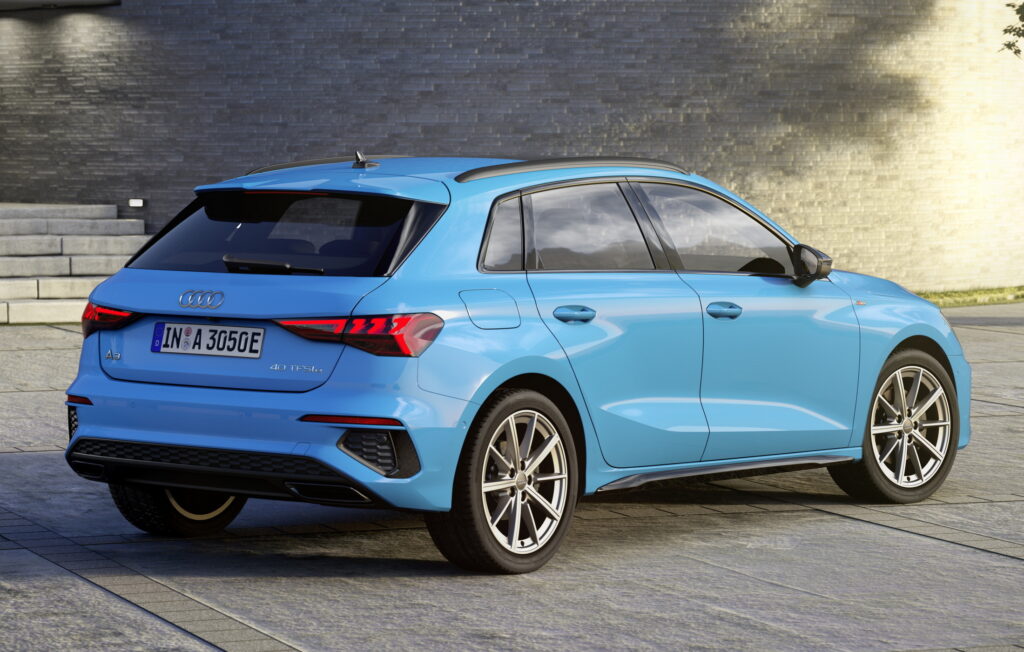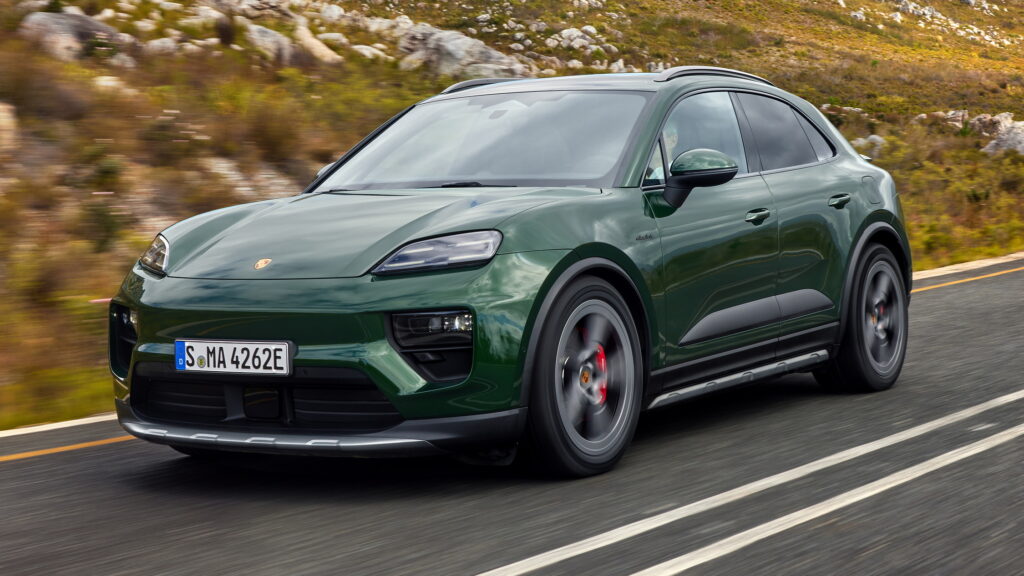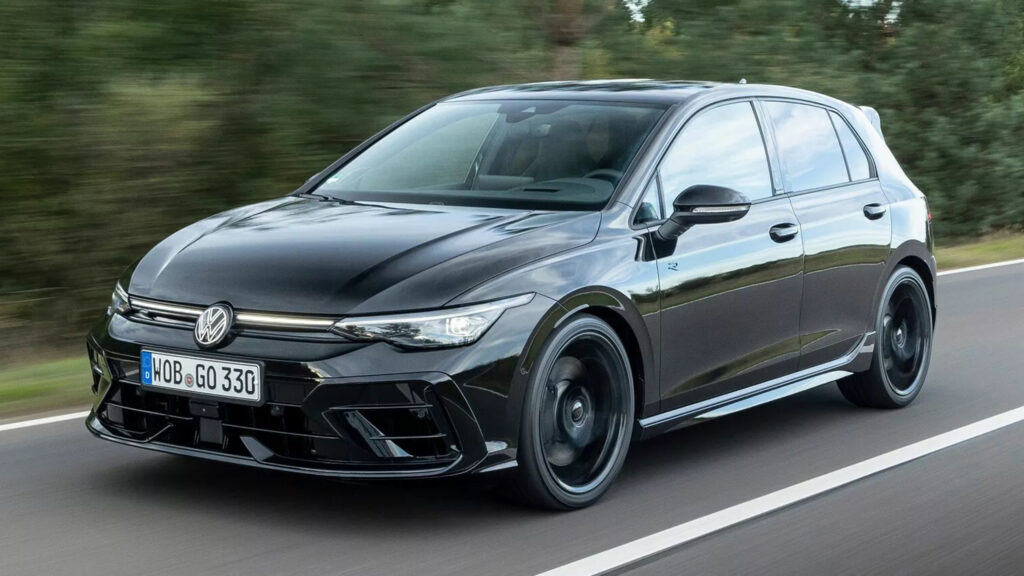- Initial plans called for ICE models to be scrapped early in the next decade, but they are being reconsidered.
- The reason is that the industry has not shifted to battery-electric vehicles as quickly as some had expected.
- As a result, newly launched VW Group products could receive two facelifts and survive for almost a decade.
For several years, the VW and Audi brands were expected to stop selling combustion-powered models in Europe by 2033 as part of a broader industry shift to battery-electric vehicles. However, a new report claims that certain ICE models from the VW Group could stick around longer than expected because the EV market hasn’t developed as quickly as many had expected.
While global EV sales reached record heights around the world last year, they stalled across Europe. Indeed, whereas EVs had previously accounted for 14.6% of total new car sales in the region previously, they dropped to 13.6% in 2024. This has allegedly prompted VW to reconsider its switch to an EV-only lineup, and it’s possible popular models like the Golf, T-Roc, and Tiguan could receive facelifts in the 2030s.
Read: EV And PHEV Sales Surged 26% Globally In 2024, But The Party’s Over In Europe
Many of the car conglomerate’s next steps will be determined by the broader industry. It’s possible that plans to phase out combustion engines across Europe by 2035 could be delayed, and if this happens, it would allow the VW Group to extend the lifecycles of several of its models.
Changing Plans
According to insiders who spoke with Handelsblatt, executives from VW and Audi no longer think 2033 is a realistic date to axe all ICEs because of concerns about EV growth rates across the industry. “Nobody would set the targets in stone like that again today,” the publication’s sources said.
VW’s final planned generation of combustion engines will be introduced this year, meaning it could phase them out completely after any newly launched ICE models end their respective seven-to-eight-year production runs. However, unnamed sources say there are now discussions about giving them vehicles second facelifts next decade, which could extend their lifecycles by an extra two to three years.

Similar discussions are being had at Audi. “Internally, we are currently working on ensuring that fixed dates, such as the introduction of new electric platforms and the end of combustion engine production, can be postponed if necessary,” an insider said.
Porsche is also questioning its commitment to EVs. It has killed off the combustion-powered Macan in Europe and replaced it with the new-generation EV, but may be considering relaunching an ICE version of the popular SUV. The luxury brand had hoped that this year 50% of its sales would be for electrified vehicles, but now that seems unlikely to happen.




